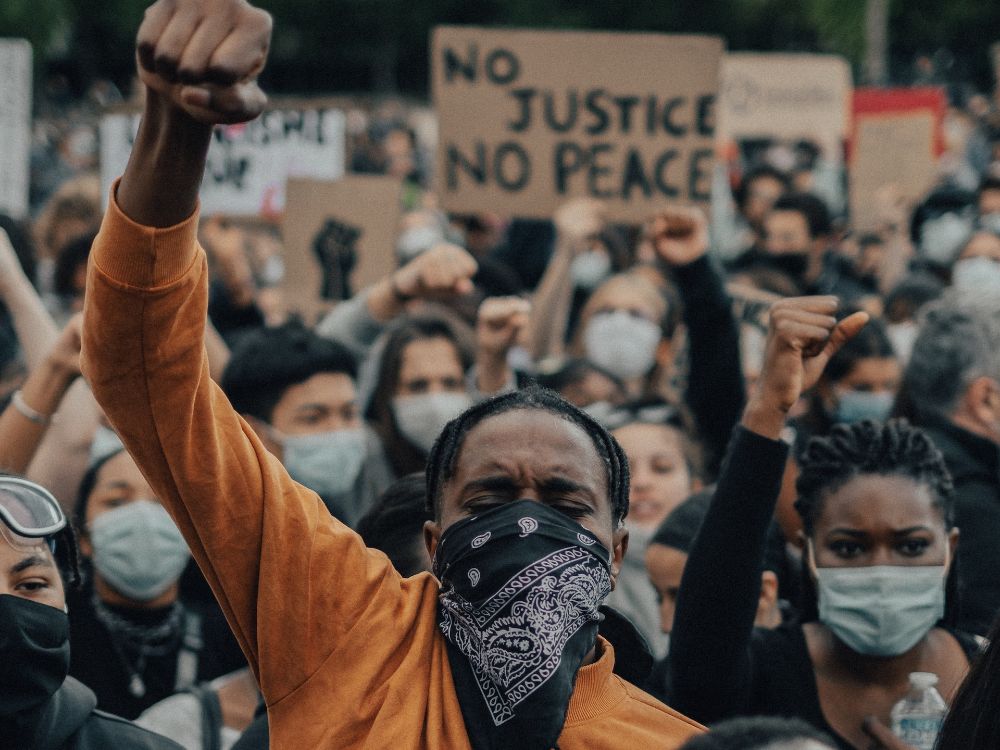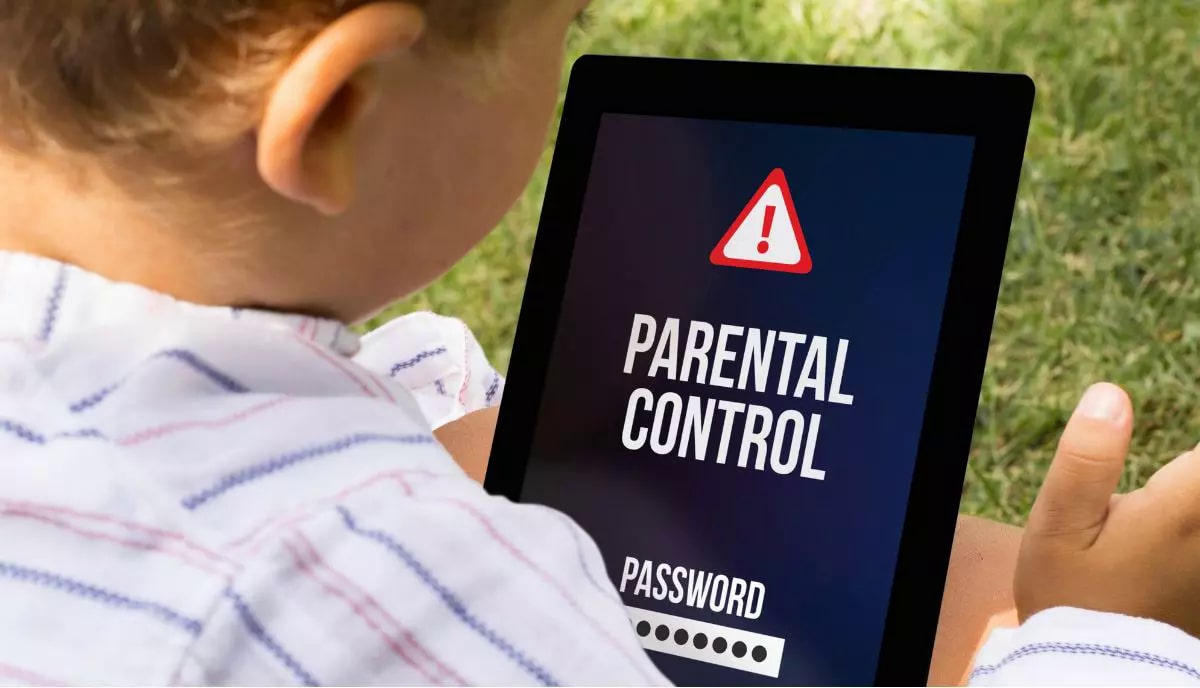The Importance of Balancing Privacy and Safety with a Parental Control App
In today’s digital age, children are growing up in a world that is vastly different from that of their parents. With the advent of smartphones, tablets, and the internet, children have unprecedented access to information and communication. Kid-friendly settings While this can be incredibly beneficial for their education and personal development, it also comes with risks and challenges that parents need to address. Parental control apps have emerged as a valuable tool for parents to strike a balance between privacy and safety in the digital realm.
The Digital Landscape: A Double-Edged Sword
The digital landscape presents both opportunities and dangers for children. On one hand, it provides access to a wealth of educational resources, enables communication with peers and family members, and fosters creativity through various apps and platforms. On the other hand, it exposes children to online threats such as cyberbullying, inappropriate content, and contact with strangers who may have malicious intentions. Striking a balance between allowing children to explore the digital world and protecting them from its dangers is a paramount concern for parents.
The Role of Parental Control Apps
Parental control apps are software tools designed to help parents manage and monitor their child’s online activities. They offer a range of features that empower parents to make informed decisions about their child’s digital experiences. Some common functionalities include content filtering, screen time management, app usage tracking, and location monitoring. These apps are essential for creating a safer online environment for children, but they also raise important questions about privacy.
Balancing Privacy and Safety
The key challenge in using parental control apps is striking the right balance between privacy and safety. On one hand, parents have a responsibility to protect their children from online threats, but on the other hand, they must respect their child’s privacy and autonomy as they grow and develop. Finding this equilibrium can be a complex and sensitive matter. Here’s why it’s crucial:
1. Trust and Autonomy
Children need space to learn and grow independently. Excessive monitoring can lead to feelings of mistrust and hinder the development of responsible digital behavior. Parental control apps should be used as a tool to guide and educate, not as a means of control. Open communication between parents and children is vital to establish trust and respect each other’s boundaries.
2. Age-Appropriate Control
Different age groups require varying levels of supervision. A teenager may need less monitoring than a younger child. Parental control apps should allow for age-appropriate customization, giving parents the flexibility to adjust settings as their child matures.
3. Education and Awareness
Parental control apps should be complemented with education and awareness efforts. Parents should explain to their children why certain restrictions are in place and discuss the potential dangers of the online world. Teaching children to make responsible choices online is as important as setting up restrictions.
4. Data Privacy
Parents must also be mindful of the data privacy implications of using parental control apps. These apps collect data on a child’s online activities, and it’s crucial to choose a reputable app that prioritizes data security and privacy. Parents should be cautious about sharing this data with third parties and should use parental control apps that have strong privacy policies.
5. Evolving Needs
As children grow and technology evolves, parental control strategies must adapt. What is appropriate for a 10-year-old may not be suitable for a 16-year-old. Parents should regularly review and adjust their parental control settings to meet their child’s changing needs.
The Bottom Line
Parental control apps are valuable tools for safeguarding children in the digital age. However, they must be used judiciously, always with the goal of striking a balance between privacy and safety. Parents should prioritize open communication, trust-building, and education alongside the use of these apps. Moreover, they should be cautious about the privacy implications and choose apps that respect both children’s rights and data privacy.
Ultimately, the importance of balancing privacy and safety with a parental control app cannot be overstated. It’s a delicate dance that parents must perform to ensure that their children can explore the digital world with confidence and resilience while remaining protected from its potential hazards. By striking the right balance, parents can equip their children with the skills and knowledge to thrive in the digital age safely and responsibly.







